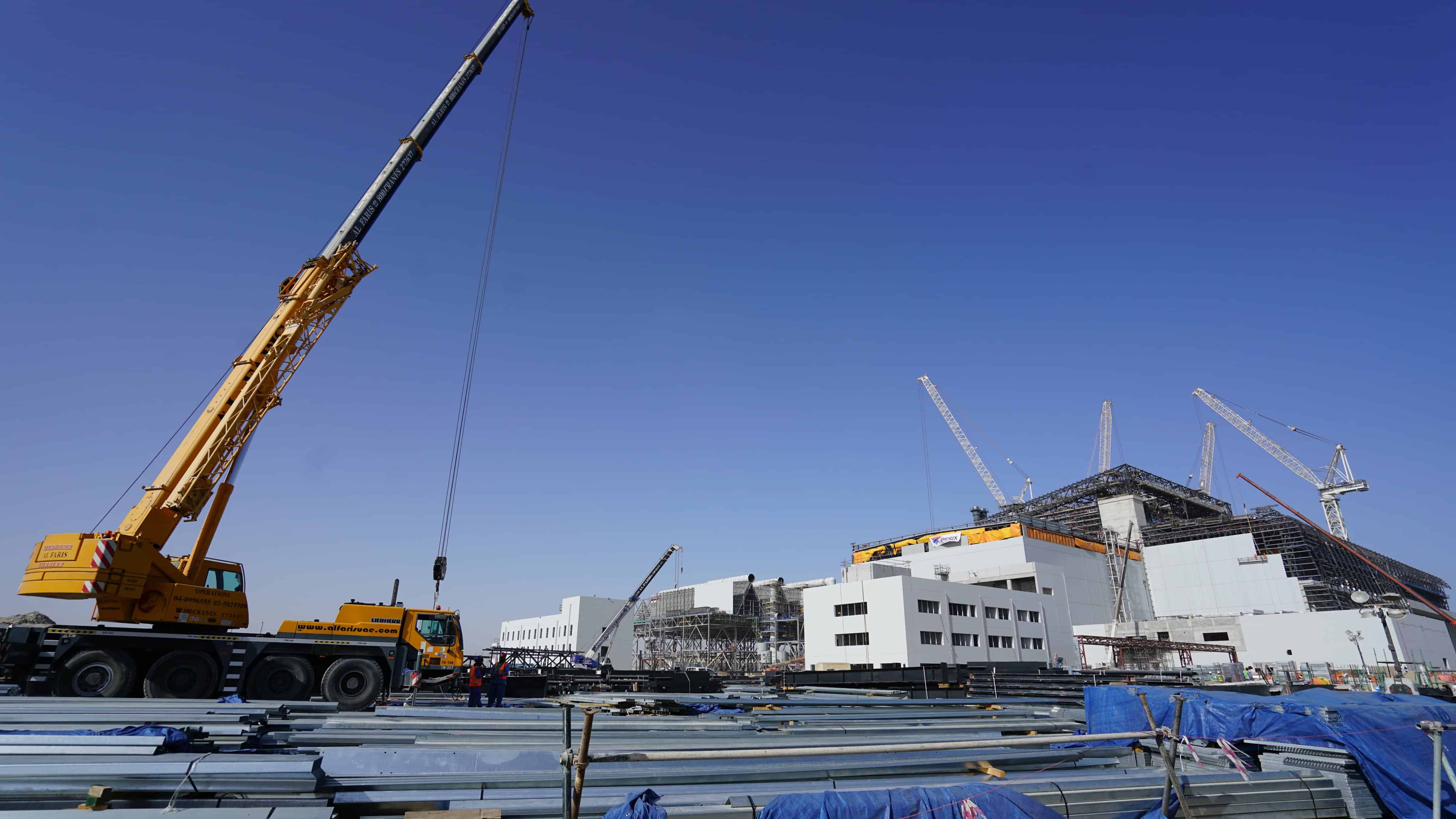Dubai, UAE – Dubai Municipality said Monday 85 percent of of Dubai Waste Management Centre (DMWC), world’s largest waste-to-energy project, has been completed.
Its construction began in 2021 as a step toward projecting Dubai as a global model for sustainable development, local media reports said.
DWMC reflects Dubai’s commitment to achieve sustainable development goals and reduce the emirate’s carbon footprint.
The project is likely to contribute to Dubai Municipality’s strategic objective of reducing and diverting waste from landfills by 2030.
Located in Dubai’s Al Warsan area, the project will convert 45 percent of the emirate’s municipal waste into renewable energy once completed.
The first phase of the project will be ready by 2023, while the entire project is scheduled to finish by 2024, reports said.
It is expected to significantly minimize the potential volume of municipal waste in landfills and create alternative energy sources.
Dawoud Al Hajri, Director-General of Dubai Municipality, said the center is key to transform Dubai into “one of the world’s most sustainable cities.”
He said the plant would transform the waste into a sustainable source of clean energy and protect environment by using state-of-the-art technologies.
He noted the DWMC will boost the emirate’s sustainability credentials, as per national energy objectives and the Dubai Clean Energy Strategy 2050.
“DWMC will process 1.9 million tons of waste annually and convert it into renewable energy, generating enough energy to power 135,000 homes,” Al Hajri said.
At completion, the project will support Dubai’s strategy to increase clean energy contribution in the total energy mix to 50 percent by 2050.
Once fully operational, the plant’s renewable energy, generated from treating waste, will feed the local electricity grid with 215MWh of clean energy.
Through two of its five treatment lines, the center will begin its operations at 40 percent by early 2023, and will process 2,000 tons of solid waste to produce 80MWh of renewable energy at this stage.
It covers an area of 400,000 square meters, with the facility’s generator and steam turbine already installed, a key technology for producing electricity.
The center will rely on Japanese and Swiss technologies for the treatment process that will ensure any emissions are environmentally friendly and odor-free.
The center will receive around 1,000 truckloads of waste daily, with a capacity to accommodate 88 trucks per hour.
Through five treatment lines, the DWMC will have the capacity to process 5,666 tons of solid municipal waste per day.
Burnt waste will produce around 1,000 tons of bottom ash, which will be recycled and used in infrastructure projects.








